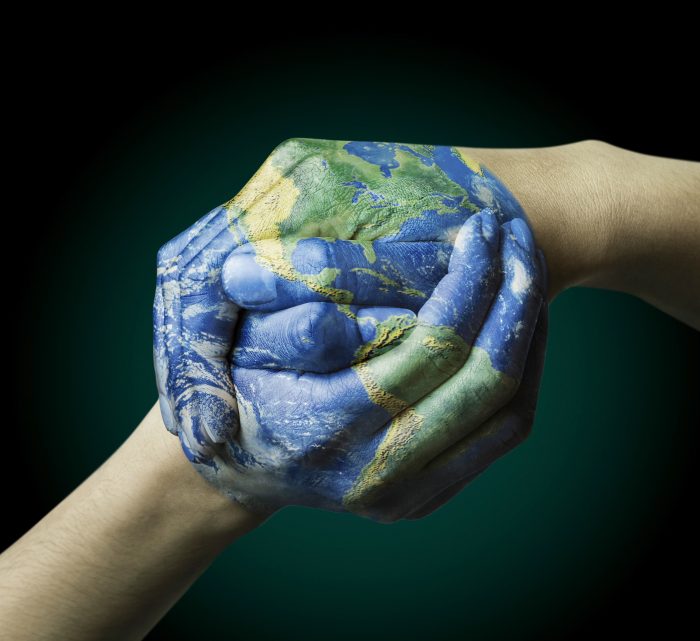D. None of the Above: Practicing what we preach, one bottle at a time
By Daniel Dunaief

Evidence of my own failure sits in plain sight on my desk. I believe in recycling, in saving the planet, in doing what’s right for me, my children and for future generations.
I readily agree that using one-time plastic pollutes the world and kills marine creatures. And yet, here, sitting on my desk, are two plastic water bottles from one-time-use plastics.
I will, of course, recycle them, but that’s not the point. Why can’t I walk the walk if I talk the talk? It’s not enough to believe in something or to nod in agreement as I read articles about conserving ecosystems, protecting biodiversity and reducing our — no, my — carbon footprint. I could and should do something about it. For example, I should use, clean and reuse the same cup, cutting back on waste.
I speak with people regularly about conservation when I write the Power of Three column for TBR News Media. Often, I ask in the context of their findings about climate change, the atmosphere or biodiversity, what kind of car they drive or how they live their lives. Interviewees sometimes chuckle anxiously, share their concerns about flying to research meetings, and sigh that they should do more. Well, maybe the better way to describe it is they should live differently.
We all think good thoughts, but those thoughts alone don’t change the world. The environment isn’t self-cleaning, the planet has limited space and finite resources, and we should look closely in the mirror at our own decisions and actions.
I read about 16-year-old Swedish climate activist Greta Thunberg, who came to the United Nations and delivered an impassioned speech, challenging leaders to do more and to protect the world for her generation. The teen’s words spoke volumes, as she demanded accountability and passed judgment, from the younger generation on up, for the failings of all of us who haven’t heeded the warnings.
Despite her young age, she has walked the walk. She traveled by boat to the United Nations in New York aboard a zero-emission yacht because she refuses to use a mode of transportation — flying — that emits carbon dioxide. She also went to Davos, Switzerland, for 32 hours aboard a train, again limiting her contribution to fossil fuel emissions. Each of those options might not be practical for many people, but they show her commitment and passion.
We live with a predicament: We see and acknowledge what we believe are our principles, and then we take actions that at times conflict with those beliefs.
That extends beyond the world of climate change and conservation. We often have a chance to see the disconnect between what we say and what we do when our children — or someone else’s children — point them out to us. We don’t want our children texting while they’re driving and yet they sit next to us or in the backseat and see us connecting through our phones with work colleagues or with people waiting to meet us for dinner.
It is also why any kind of poll isn’t completely accurate. We might say one thing, but do the opposite for a host of reasons, including not wanting to tell a cheerful stranger on the other end of the phone what we intend to do.
We recognize the importance of supporting ideas. The challenge, however, comes when we have the chance to choose between the easier option — a plastic bottle of cold water — or the one that supports our beliefs.
When we see our failures of principle, the question is: What are we going to do about it?







